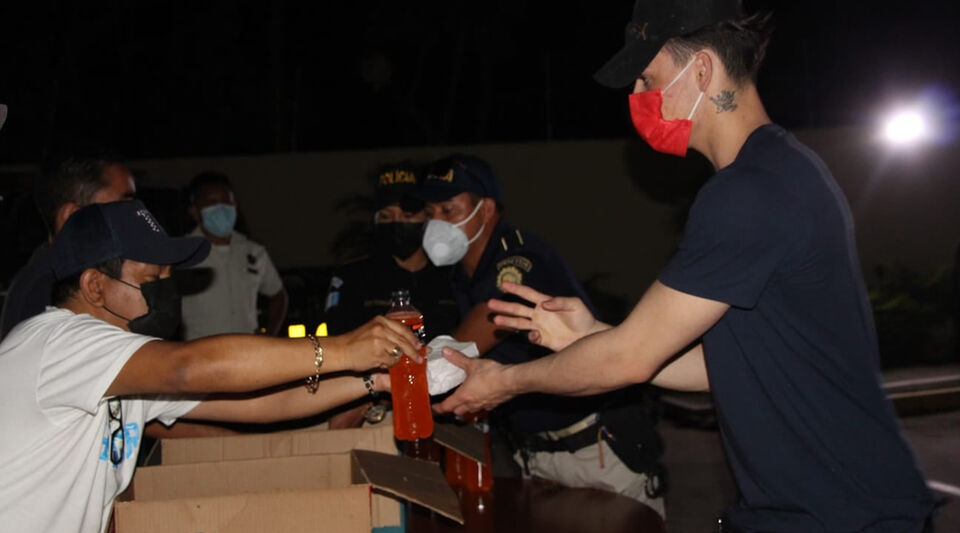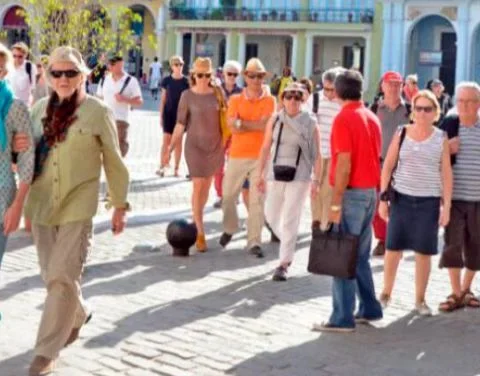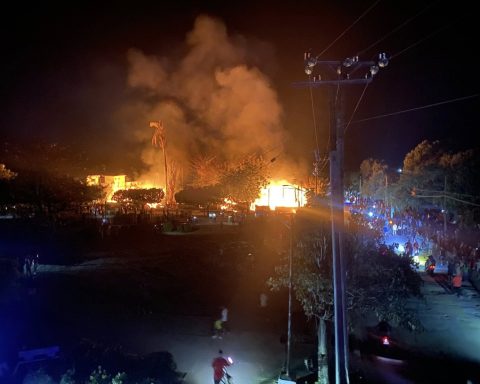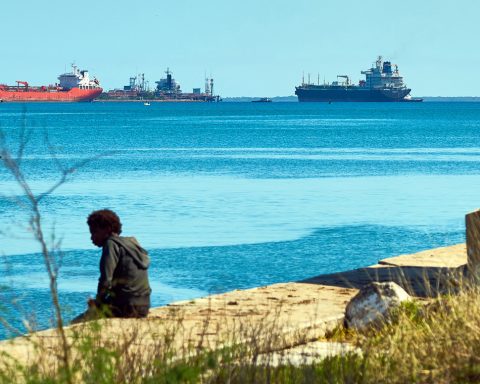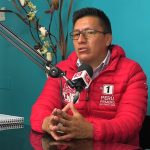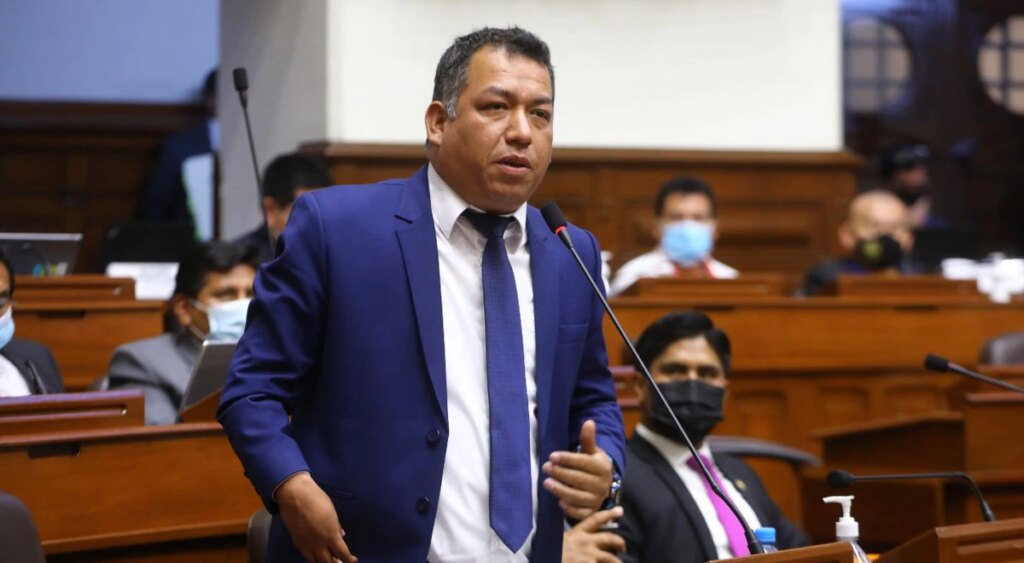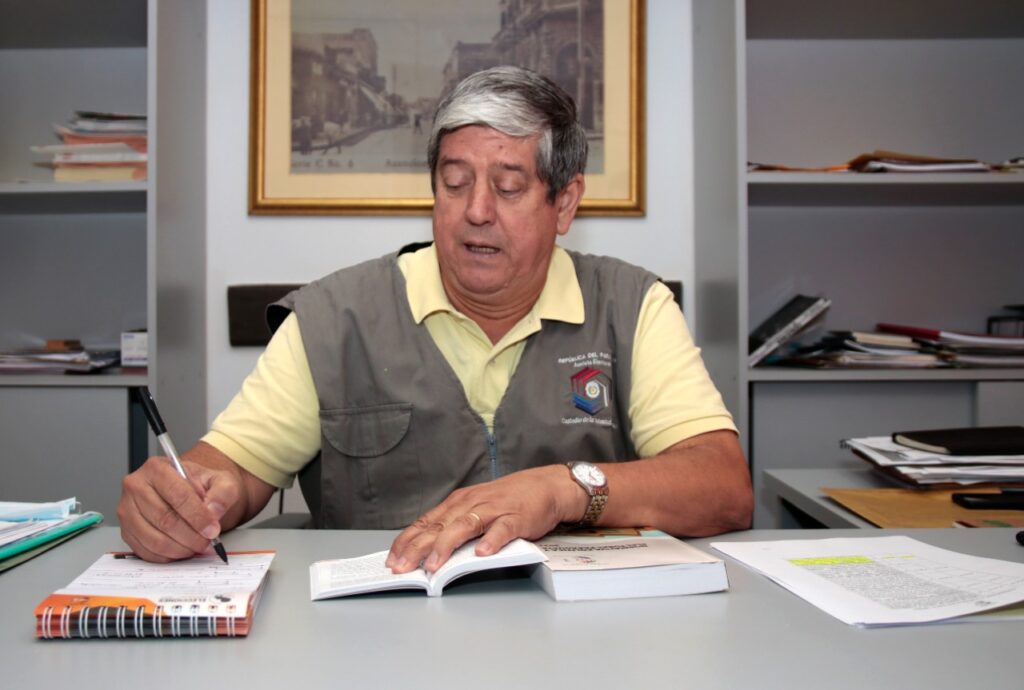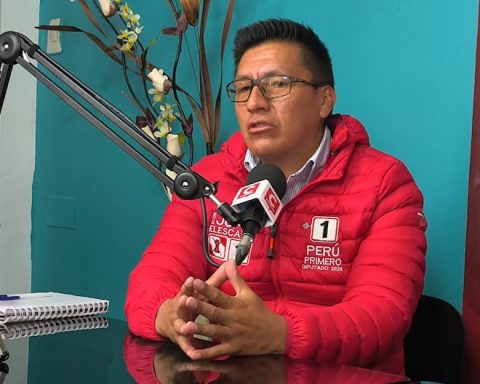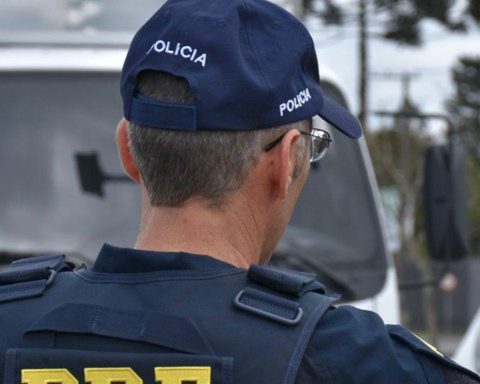The National Civil Police (PNC) of Guatemala last Friday arrested two coyotes transporting 80 migrants in a cargo truck, 76 of them of Cuban origin, two from Ecuador, one from Mauritania and one from Burkina Faso, according to what was reported to 14ymedio institution staff. “The detainees transferred people in inhuman conditions, some said they had a day without eating.”
Some “neighbors of the sector got together and distributed food to the migrants and gave the children clothes,” said the security personnel. These people were taken to a shelter of the Guatemalan Migration Institute (IGM). Because they entered irregularly for failing to comply with immigration laws and security protocols due to the pandemic, “they would be deported.”
The truck was intercepted on the road to the municipality of Coatepeque, located in the western department of Quetzaltenango, which is five hours from the border with the Mexican state of Chiapas, in Mexico, where they would be taken to continue their journey to the United States. Joined.
The detainees, César Augusto and Alberto Ruso de León, 30 and 28 years old, respectively, offered the police $120 to let them continue.
The detainees, César Augusto and Alberto Ruso de León, 30 and 28 years old, respectively, offered the police $120 to let them continue, the civil police source said. “The Russian brothers face charges of human trafficking and trafficking and will be brought before the authorities to define their sentence.”
Guatemala is a natural step for migrants of different nationalities, especially Central Americans, who leave their countries due to poverty or violence and seek better living conditions in the United States.
In the US, the Coast Guard rescued this Saturday 12 Cuban rafters. The migrants were located about 20 miles from Cayo Anguilla, (Bahamas) when the boat was about to sink and the crew was in danger of drowning.
The Coast Guard shared the rescue information on its social networks with an image with the hashtag #DontTakeToTheSeas (Do not go to sea). Cayo Anguilla is an area where shipwrecks have been recorded.
In February 2021, three Cuban castaways told how they survived eating coconuts for more than a month on a desert island. The island’s natives reported that their boat had capsized when they were a few meters from the island, as far as they swam when the raft they were traveling in sank.
The information was given while it was reported that 34 irregular migrants were returned to the island, which adds up to 895 deported this year, also including those from the United States and the Bahamas.
“Most of the people left legally for third countries and arrived on Mexican soil with an inadequate immigration status for the regulations of that nation,” the official Cuban newspaper Granma stated.
Six Cubans who tried to cross into the Dominican Republic with visas from Haiti are arrested in the Dominican Republic
The publication mentions that as a result of 11 maritime operations by the US Coast Guard, 345 people were returned. The rest of deported Cubans come from Mexico (507) and the Bahamas (43).
Data from the Customs and Border Protection Office (CBP) show that last January, the last month for which records are available, 9,827 Cuban immigrants were detained. The US legation in Havana announced this week that they will resume issuing migrant visas here, albeit on a “limited” basis and without fixed deadlines.
Meanwhile, in the Dominican Republic, members of the Army and the Intelligence Service S2 of the Cañongo community arrested six Cubans who were trying to cross into the Dominican Republic with visas from Haiti.
The detainees, Mariano Jauregui Consuegra, Ismaraisy Coca Yañez, Boris Jorge Faife Melgarejo, José Francisco Jerez Payano, Elier Botier Garlobo, Yoelsy Arias Castro and Arianna Vargas López, were placed at the disposal of the Immigration authorities.
________________________
Collaborate with our work:
The team of 14ymedio is committed to doing serious journalism that reflects the reality of deep Cuba. Thank you for joining us on this long road. We invite you to continue supporting us, but this time becoming a member of our newspaper. Together we can continue transforming journalism in Cuba.
